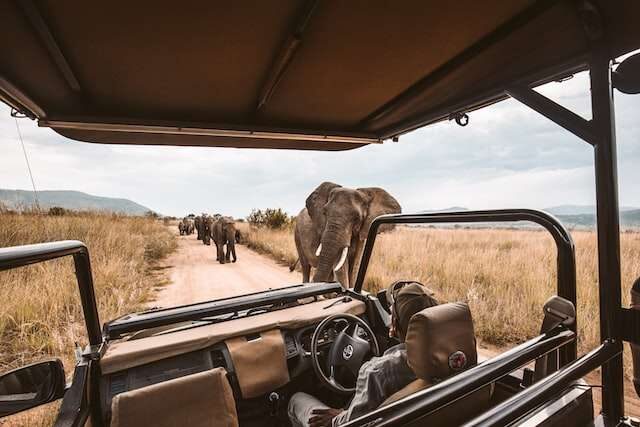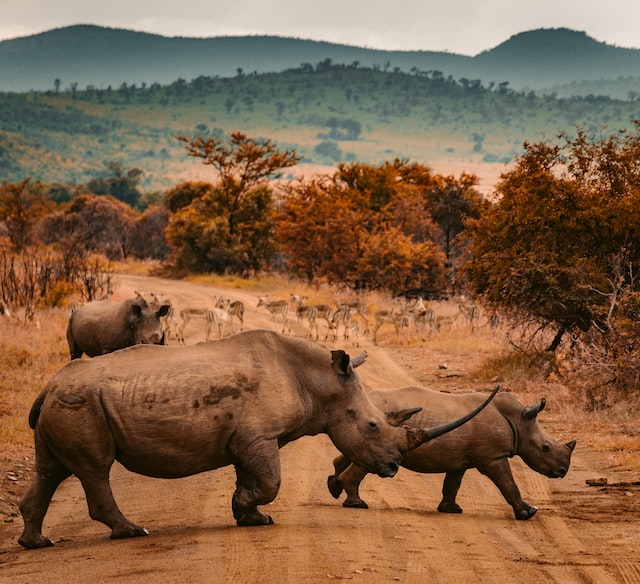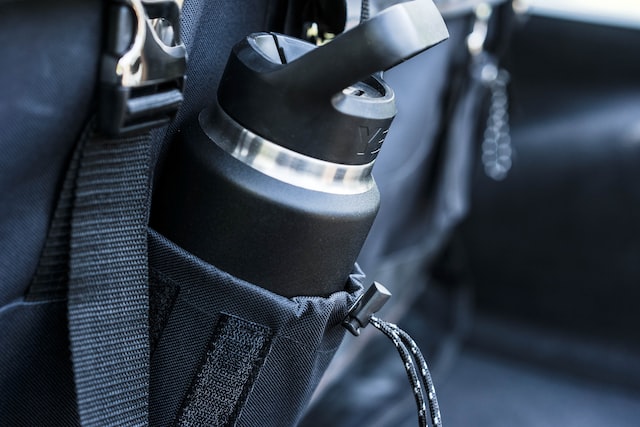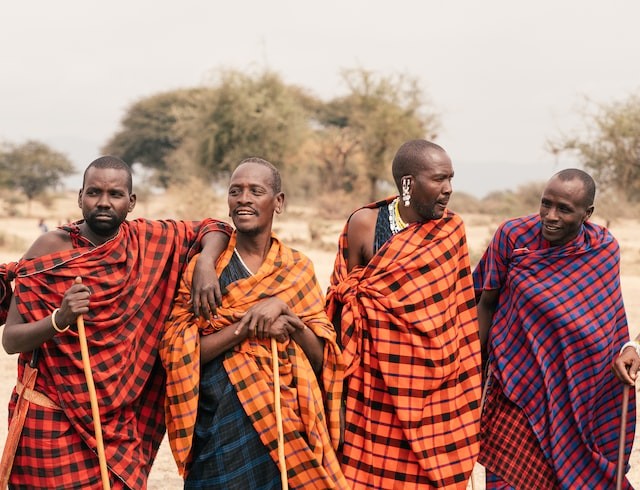
6 Dos and Don’ts of African Safaris
Posted on September 1, 2022
Dos and Don’ts of an African Safaris
Nothing beats an African Safaris for creating experiences that will last a lifetime. In fact, most people’s bucket lists include being surrounded by the breathtaking sights and sounds of the wilderness and getting up close and personal with Africa’s animals. However, if you are going on an African safaris for the first time, you probably have many questions regarding the dos and don’ts.
As a result, we have compiled a list of things you should be aware of to ensure you have a remarkable experience that perfectly combines animal adventure, fascinating cultural contacts, and breathtaking scenery. At the same time, knowing these guidelines will keep you safe throughout your African safaris experience.
Don’t call or feed the animals!
Whether on a jeep safari or a nature walk, try to keep your lips closed and your ears open. Also, don’t clap, whistle, or beat on the side of the car. Making loud noises can scare the animals and make them move away from you. And that is the best case scenario. In the worst case, large animals such as elephants might charge toward you. That can put you, your tour guide, and your group in grave danger.
At the same time, never try to feed the animals. Even if it was customary in the past, now it is completely forbidden. Feeding wild and zoo animals disturbs their usual food gathering or hunting activity. It is harmful to their health and may hurt them in the long term. Furthermore, some animals are easily frightened and can injure someone attempting to feed them.
Moreover, even if you carry food on the safari, ensure you never leave traces behind. Do not litter or throw plastic items out the window, as they might be discovered and become hazardous to animals.

Pack your bags wisely.
When it comes to packing for African safaris, there is one rule that we recommend you follow: less is more. Remember, you will drag your bags through airports and cars until you get to your hotel, lodge, or camp. Therefore, stick to lightweight items that you can stack up. Also, be aware that many accommodations include a laundry service. It often has same-day service, so you don’t need a large variety of outfits.
You can just wash the ones you have. Wear clothes in which you feel comfortable, and if you’re heading into the woods, wear clothing that covers your legs. At the same time, make sure you have a light jacket with you and sunscreen.
As for packing breakables and fragile items that you bring with you or buy from the safari, make sure to protect them while traveling. Use proper packing materials such as bubble wrap and packing paper, and remember to place them in secure places in your luggage or car.
Get all your vaccines and hydrate properly while on African safaris.
Before leaving for an African safari, check what vaccines you need to take. Some African countries won’t allow entry without them, so it is better to check with your doctor. One of the common vaccines required is the yellow fever vaccine. Other vaccines you may need to include are Hepatitis A and B, Meningitis, Typhoid fever, Polio, Rabies, and Zika. Also, don’t forget to check the requirements for the coronavirus vaccine.
If you’ve had all the necessary vaccinations and are ready to go on safari, don’t forget to drink plenty of water. Temperatures in Africa may reach dangerously high levels, especially during the summer. Therefore, you may face the danger of dehydration if you do not drink enough. Drink lots of fluids, bring a bottle with you when going out, and take sips regularly. And as we mentioned before, make sure to use refillable bottles or flasks instead of plastic ones to avoid littering.

Avoid using devices during activities.
The whole point of traveling to Africa and participating in a African safaris is to immerse oneself in nature. Therefore, you can choose to either switch off your phone if you don’t use the camera or put it on silent mode. Imagine seeing an animal for the first time and having your phone start ringing. Its sounds may be louder in the open, frightening the animals.
Therefore, respect nature and the animals and try to be as quiet as possible. If you carry a professional camera, turn off the blitz and the beeping sound. Do the same with your phone’s camera, and turn off location tracking. Poachers can use that information to find the animals, which can be disastrous. That is one of the essential African safari dos and don’ts to remember.
Be respectful and listen to your guide.
That is a golden rule that you should never break. Your guide is responsible for your safety throughout your safari, so always listen carefully. If your guide tells you to do something, do it without hesitation. For instance, if they ask you to lower your voice, it suggests they may have heard or seen something you haven’t and don’t want to frighten the animal. Guides will also warn you to stay inside the vehicle for safety reasons. If you encounter predators or shy animals on a walking safari, your guide will usually tell you to halt moving or avoid eye contact with them. In that situation, you must obey their directions without discussion.
At the same time, remember that meeting the community is essential on any safari. As a result, when you meet the locals, it would be nice if you could speak a few words in their language. It would be nice of you to know how to say hello, please, and thank you. Furthermore, try not to talk too loudly, too much, or take pictures without permission. Instead, respect the locals’ privacy, be respectful, and try to build meaningful connections.

Final words dos and don’ts of African safaris
Safaris are about admiring nature’s beauties and paying tribute to Africa’s gorgeous creatures. Therefore, tread cautiously, show genuine interest in the local culture, and act like an experienced and competent adult. Furthermore, keep these African safaris dos and don’ts in mind, and you will have a life-changing experience.


Comments are currently closed.